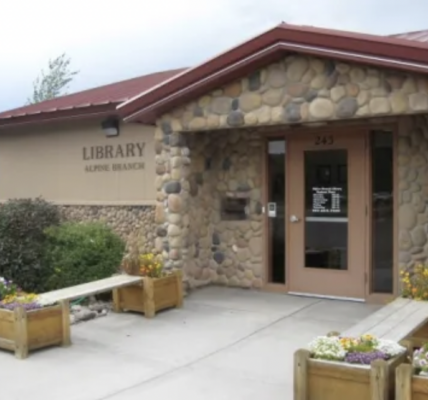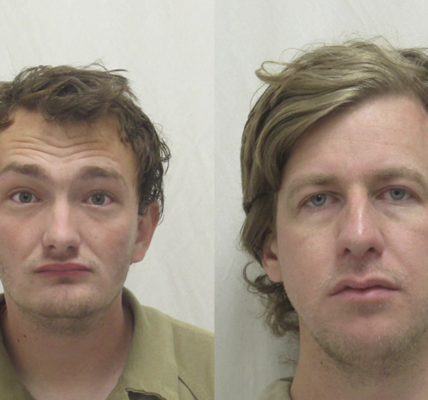
By Timothy J. Woods
Jackson Hole News&Guide
Via- Wyoming News Exchange
JACKSON — The town of Jackson and Teton County received another striking sales tax report Monday, with another record set and further indications that the area’s economy has recovered from the stifling nadir of the early months of the COVID-19 pandemic.
Teton County’s total taxable sales smashed records again in November, according to this week’s report. During the most recent 12 months the county’s overall taxable sales totaled over $2.1 billion, an all-time record and the third month in a row that sales have broken the $2 billion mark.
This is also the seventh consecutive month in which a fiscal year record has been set. In May the 12-month total taxable sales figure exceeded the previous pre-pandemic mark. In every month since then a new record has been set, with the $2 billion figure being reached for the first time in the county’s history three months ago.
“June exceeded May, July exceeded June, August exceeded July, September exceeded August, October exceeded September and now November has exceeded October,” said economic analyst and Jackson Town Councilor Jonathan Schechter, who produces a Market Watch column for the News&Guide. “The September report (which generally reflects taxable sales in August), was the first time that we had cracked the $2 billion mark” for the 12-month period ending that month.
“The growth has been so explosive,” Schechter said.
And the numbers, just by sheer percentages, bear that out. Total taxable sales in the 12-month period ending in November were up 41% over the 12-month period ending November 2020, and 31% over the pre-COVID-19 12-month period that ended in November 2019.
Interestingly and ironically, what made the big difference, Schechter said, is something that many Jackson residents have bemoaned and worry is changing the character of the town.
“The fact that a lot of wealthy people decided to [move here] — the COVID exodus or the COVID migration — really sort of saved our bacon during that time [the height of the pandemic]. It kept us from going to what could be an apocalypse from a sales tax perspective,” Schechter said.
Whether that’s a good or a bad thing, when considering that some in Jackson decry the influx of wealthy out-of-towners, is “completely subjective” and depends upon the lens through which a person views it, Schechter said.
“It’s clear that without the COVID migration our taxable sales would have been a lot lower,” he said. “And if you’re in the construction industry, you’re probably pretty grateful for it, right? And if you’re selling cars, hey, that was pretty great.”
Across Wyoming, taxable sales produce a large amount for state and local governments, and the more taxable goods that are sold, the more money county and town governments collect for their communities’ needs. The town of Jackson, for example, derives about 75% of its general fund revenue from sales taxes, and the county gets about half.
While several local industries took a severe hit during the months surrounding the onset of the pandemic — most notably restaurants, lodging and retail sales — some weathered the storm much better, and largely due to the “COVID migration” to which Schechter referred. For example, building/construction, furnishing homes, and car sales all grew during the downturn, and online sales boomed. As Schechter noted, “if someone moves here, they have to buy a new car, right?” And many of the new property buyers were either renovating and refurnishing their newly purchased homes or razing them and rebuilding altogether, bolstering the construction industry.
But recent figures show the restaurant industry bouncing back, with lodging and retail sales further bolstering the sales tax revenues. That’s a byproduct of people returning to Teton County and Jackson, Schechter said, adding that lodging revenues are significantly strengthened by the fact that hotels being full means they are able to charge higher prices per room.
Schechter, who is quick to point out that the economy is far from the sole indicator of the health of a community, acknowledged that some people in the area might be “freaked out” by the unprecedented growth over the last 13 months. He said the economy might give a glimpse into the reasons why some people feel that way.
“In and of itself, a booming economy doesn’t freak people out. But I think the sales tax data capture the valley’s sheer busyness,” he said. “People have been going around feeling busy and stressed and all that — the data are a concrete way of suggesting why that might be the case: You’re not crazy for thinking that things are getting crazy. They are. They’re nuts. Unprecedentedly nuts. In a way we’ve never seen before. And so if you’re feeling things are unprecedentedly rushed, well, there’s good reason for that.”






